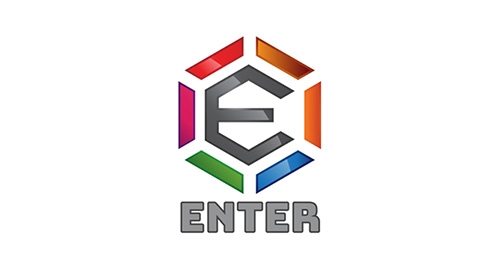In recent years, the share of young people not in education, employment, or training (NEETs) has shown a remarkable increase in many European countries, such as Italy, Greece, Spain and Bulgaria. The wide diffusion of NEETs represents an alarming social issue, as being NEET predisposes young people to long-term unemployment and social exclusion (EUROSTAT, 2019). More specifically, unemployment is generally higher among young people than prime age adults, and those who do work tend to have poorer-quality jobs and are much more likely to be on temporary contracts or to earn low wages than older workers. Moreover, young people with disabilities are twice as possible to be in a NEET situation as their peers without disabilities.
The Consortium of ENTER project, shaped by 5 partners from Greece, Italy, Spain and Bulgaria (these countries recorded NEET rates above the EU average of 16.4 %, while the highest rates were recorded in Italy and Greece, 27.8 % and 25.1 % respectively), decided to implement the ENTER project in order to reinforce digital skills and social entrepreneurial mindset of young people (20-34 years old) neither in employment or in education or training.
Keeping up with technological advancements and developing digital skills will be important in order to create, market and host creative output, content or services…. demand for business support skills such as management and planning will be likely to increase. Within this skills set, financial management is perceived to be paramount to ensuring the smooth running of a business. ENTER focuses on innovation and adaptation where young people are encouraged to try new ideas in an open environment. Also focus on empathy and understanding of the needs of the local communities, moving the participants of the project and other stakeholders to a more active role in their community.
Digital skills & technologies, like 3D design and 3D printing, can transform new innovative ideas into reality with low cost and immediate response to challenges and problems of local communities. The 3DP technology allows for the localised, decentralised production of customized products based on the needs &
demands of the local communities. This technology can help young generations to adapt in new social demands and priorities by developing new technology skills & knowledge.
Projects objectives:
- Developing digital skills & competences (3D Design & Printing) for young NEETs with or without disabilities with a focus on the challenges faced by the society & local communities
- Developing social entrepreneurial skills & mindset for young NEETs
- The Design & support of a “Social & Entrepreneurial Digital Hub”
- Increasing the employability of young NEETs with or without disabilities
Check out our webpage for more information!
